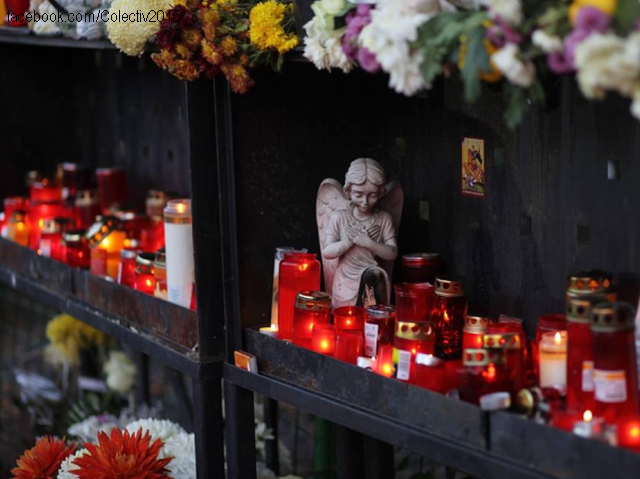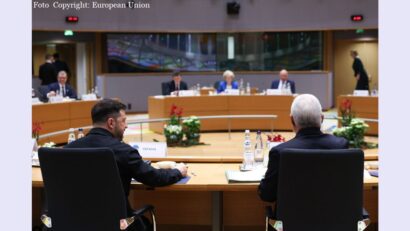Colectiv trial is severed
The Bucharest Court of Appeal moves for the severance of the Colectiv trial.

Daniela Budu, 15.06.2021, 13:50
In 2015, Romania saw one
of its biggest tragedies. A fire caused by fireworks broke out at a Bucharest
nightclub on 30th October that year, with 26 people dying on the
night as a result and a further 38 in its aftermath, in hospitals in Romania
and abroad. It all happened in just a few minutes, after the ceiling and the
pillars of the club were quickly engulfed by flames. As they tried to flee the
club through the only existing door, the people trampled on one another. The victims
include musicians, photographers, journalists and Romanian and foreign students.
Some 150 people were also wounded.
The Inspectorate for Emergency
Situations, the fire fighters, the police and everyone who was at the site desperately
tried to save the young people caught in the fire. However, mistakes were made
and the decision-making was chaotic, as no one was prepared for a disaster of
this scale. The main shareholder of the club and two associates were arrested. Other
inquiries were also conduced later, with the result that various officials from
the local administration, including sector mayor Cristian Popescu-Piedone, were
indicted. Arrests were also made at the firm that provided the fireworks and at
the Inspectorate for Emergency Situations.
A trial began and in
December 2019 all the defendants received sentences that included prison time
and the payment of damages to the victims amounting to some 50 million euros. Later,
the defendants’ lawyers appealed the sentences in court so the case is now
seeing some changes. The Bucharest Court of Appeal ruled on Monday to split the
Colectiv case in two, with the former sector mayor, the local administration officials
and the firefighters to be tried separately from the club owners. The court is
to decide in autumn if this also entails a change in the legal classification
of offences for the former mayor and other defendants, which could result in
easier sentences should they be convicted. The trial goes on with respect to
the three owners of the club and the technicians who were in charge of the
fireworks.
The move to sever the
trial was met with discontent by lawyers, who are saying this is an attempt to
delay the trial and arguing that the cases were initially severed before the court
moved for a joint trial. The plaintiffs in the civil suit – the survivors and families
of the victims – protested against this solution in court. Moreover, they
condemned in a public letter the judges’ move to change the legal classification
of the defendants’ deeds. They argue that the latter’s sentences will be light
and insignificant, disproportionate to the gravity of the acts committed and of
their consequences, which would cast a deep shadow on the entire process of justice
in Romania. (CM)






























